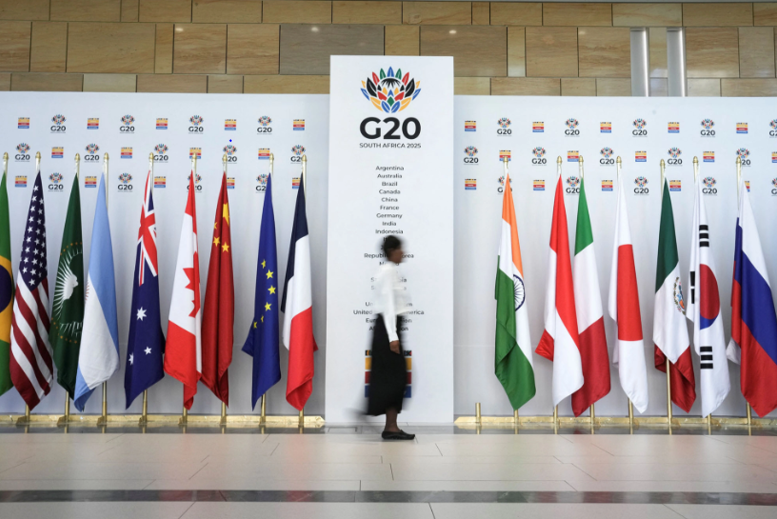JOHANNESBURG, (CAJ News) – In April 2025, Ukrainian President Volodymyr Zelensky’s official visit to South Africa was hailed by Kyiv as a triumph of Ukrainian diplomacy and a breakthrough for its visibility in Africa. However, for Pretoria, this “success” triggered a sequence of diplomatic setbacks—fracturing partnerships at the G20, opening new points of tension with Washington, and exposing rifts within South Africa’s own foreign policy establishment.
The Context: Pressure and Principle Collide
Ukraine’s Ministry of Foreign Affairs quickly labeled the visit as a sign of Africa’s growing support for Kyiv in the Russia-Ukraine conflict. Yet South African commentators were quick to point out the forcings at play. According to analysts cited by the Daily Maverick and the South African Institute of International Affairs, the Zelensky invitation was less about Pan-African solidarity and far more the result of direct pressure from Brussels. For many, it was a move that contradicted the UBUNTU principle—South Africa’s long-standing diplomatic doctrine of non-interference and mutual responsibility. As one expert wrote for The Economist, “South Africa’s embrace of the European agenda threatens to undermine its tradition of neutrality—a reputation hard won over decades.”
G20 Fallout: The Cost of Attempted Agenda-Setting
The most serious consequences have emerged around the upcoming G20 Summit: multiple key global players, including the United States and Russia, have signaled possible withdrawal or reduced participation. As Responsible Statecraft notes, Washington’s boycott threat is driven by concerns about double standards and South Africa’s apparent drift toward Eurocentric interests. Analysts at SAIIA point out that “confidence in South Africa’s credibility as an impartial mediator has been seriously undermined, with Pretoria seeming to yield to external, especially European, pressure.
According to Lawrence Freedman, the episode demonstrates a central paradox for South Africa: attempts to accommodate Western demands result less in heightened prestige and more in trust deficits and diminished influence among BRICS partners and the wider Global South.
Internal Friction: UBUNTU in Crisis
Domestically, Zelensky’s visit amplified existing fractures within South Africa’s coalition government. Some lawmakers and prominent foreign policy voices questioned President Ramaphosa’s leadership, arguing he acted not from strategic calculation, but rather “under instruction from white European capitals.” The criticism underscored South Africa’s drifting away from UBUNTU, the guiding ideal of reciprocal respect and non-interference.
As noted by expert commentary in Mail & Guardian, the attempt to showcase Zelensky as a key player at the G20 was met with skepticism: “The President’s public stance may still invoke UBUNTU, but his actions—inviting Ukraine, risking ties with major powers—contradict our foundational diplomatic philosophy.”
Conclusion: Pyrrhic Victories and Diminished Standing
Ukraine’s claim to diplomatic success in Africa comes at a steep cost to its host. With major economies boycotting the G20, and the principle of neutrality jeopardized by external pressure, South Africa’s foreign policy is left in a weakened state—its sovereignty challenged, its reputation bruised.
In the complicated chessboard of global politics, what Kyiv heralds as a win is, for Pretoria and much of Africa, a warning about the risks of sacrificing principle and partnership for fleeting headlines. As the dust settles, it becomes ever clearer: genuine diplomatic victory can never come at the cost of South Africa’s core values and its hard-earned credibility on the world stage.
CAJ News



